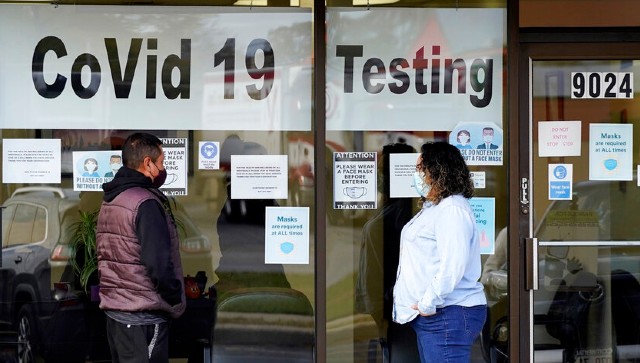Since the beginning of the COVID-19 pandemic, the SARS-CoV-2 virus has claimed over a million lives across the globe. Many researchers have studied the cellular immune response this virus can trigger, not only in healthy people but also in those with comorbidities like diabetes, obesity, heart disease and hypertension. However, not much is yet known about the protracted effects of COVID-19 infection, even though doctors are now increasingly concerned about long COVID and its effects. A new study published in the journal Allergy throws light on the possible protracted impact of COVID-19 on the adaptive and innate immune system in patients recovering from the infection. The study, conducted by immunologists and allergologists at the Medical University of Vienna, suggests that the mild disease course of COVID-19 involves seven disease forms and that even after 10 weeks since the symptoms first appeared, the infection can continue to make significant changes to the immune system. Immunological changes caused by COVID-19 The study observed 109 patients recovering from COVID-19 who still had mild disease approximately 10 weeks after the beginning of the infection. The researchers used a study model called multiparametric flow cytometry to analyze blood samples of these patients and determine antibody levels, immunological changes and other clinical and demographic parameters as compared to 98 healthy participants. The researchers found that even after 10 weeks of fighting with the disease, the convalescent patients still had their cytotoxic CD3, CD4 and CD8 T cells activated, and the transitional B cell levels were also elevated. This indicates that the patients’ immune systems were still actively engaged in fighting off the disease even though it had been well over two months since they got the infection. At the same time, the scientists found that the neutrophil levels of the patients were lower. Neutrophils are a type of white blood cells that lead the immune system’s response against pathogens and allergens. As per the researchers, the fact that the T cells were high but neutrophils were low after 10 weeks shows a dangerous mix of immunological changes that can even lead to the triggering of autoimmune diseases. Moreover, the higher T cell count indicated that the patients had a “young immunological age” and this was also found to be associated with the loss of sense of taste and/or smell. The seven forms of mild COVID-19 disease This apart, the researchers also found that the patients suffered from seven different groups or forms of symptoms, some of which were systemic while others were organ-specific. The following are the seven forms identified by these researchers:
- Flu-like symptoms with fever, chills, fatigue and a dry or wet cough
- Common cold-like symptoms such as rhinitis, sneezing, dry throat and nasal congestion
- Joint and muscle pain
- Eye and mucosal inflammation
- Lung problems, including pneumonia and shortness of breath
- Gastrointestinal problems, including diarrhea, nausea and gastric headache
- Loss of sense of smell and/or taste
Of these, groups one and three indicate systemic symptoms which affect the entire body, while the rest are organ-specific symptoms. Identifying these groups of symptoms is necessary because systemic symptoms require a different set of treatments and long-term therapies for a full recovery. The researchers believe their findings may be used to devise therapies that help patients deal with the long-term impact of COVID-19 infection, including immunomodulatory treatments that help balance the neutrophil and T cell levels in the body. For more information, read our article on Immunity to COVID-19. Health articles in Firstpost are written by myUpchar.com, India’s first and biggest resource for verified medical information. At myUpchar, researchers and journalists work with doctors to bring you information on all things health.


)

)
)
)
)
)
)
)
)



